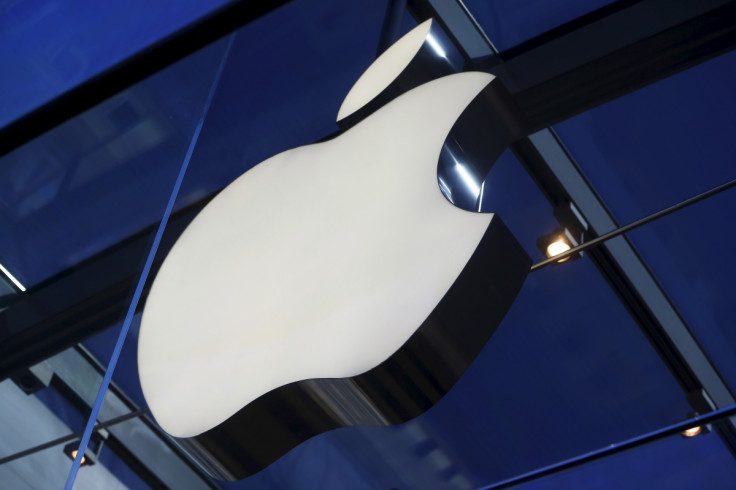Apple vs FBI: Three-day extension granted in historic encryption case

Apple has been granted an extra three days to respond to the request by US law enforcement asking the technology giant to help unlock an iPhone 5C belonging to San Bernardino shooter Syed Farook. The unprecedented case has generated a slew of responses from major digital companies including Google, Facebook and WhatsApp, while escalating the growing tension between the US government and global technology firms on the twin issues of encryption and privacy.
Previously, the federal court order said that Apple had until 23 February to respond to its request. However, according to a fresh report on CNN, citing a 'person familiar with the case', the company has been granted a three-day extension until 26 February to file an official response.
The initial order, filed on 17 February, claimed that FBI investigators were left unable to access the iPhone device because of an encrypted lock-screen and requested Apple to alter the operating system to allow unlimited attempts at entering the unlock code without the risk of wiping off the data on the handset.
"The FBI has been unable to make attempts to determine the passcode because Apple has written, or 'coded', its operating systems with a user-enables 'auto-erase function' that would, if enabled, result in the permanent destruction of the required encryption key material," the court order stated. "It is assistance from Apple which is required to execute the search warrant that the government now asks the Court to order."
In response, Apple CEO Tim Cook issued a scathing statement refusing to acknowledge the request, claiming that aiding the FBI would set a "dangerous precedent" for those offering privacy-enhanced products. "The United States government has demanded that Apple take an unprecedented step which threatens the security of our customers," Cook said in a statement posted online. "We oppose this order, which has implications far beyond the legal case at hand. This moment calls for public discussion, and we want our customers and people around the country to understand what is at stake."
Future leverage
While major technology firms continue to rally round Apple, some security researchers have said the case was more complicated than it initially appeared. Security expert Will Strafach, CEO of Sudo Security Group who also spent years reverse-engineering iOS code in order to produce 'jailbroken' applications, has implied that the case has more to do with this 'precedence' than technical feasibility.
"On a technical level, Apple could carry out the order by creating a RAM disk signed by the company's production certificate for the specific ECID of the suspect's iPhone," he said. "This solution would allow Apple to use existing technologies in the firmware file format to grant access to the phone ensuring that there is no possible way the same solution would work on another device. The aspect that would actually affect the public is the fact that by doing this, Apple will show that breaking into an iPhone is 'possible' and allow the FBI to use this case in the future as leverage."
Furthermore, Strafach said Apple was likely to be carefully considering the PR ramifications of the court request - especially surrounding how easy 'cracking' the code would actually be for the FBI.
"[A] PR-related reason that Apple is opposing this order so vehemently is that it is aware of the fact that, if it complies, the FBI will be able to crack the passcode very quickly. From my own testing, a four-digit passcode can be cracked in under an hour and a six-digit passcode can be cracked in less than a day," he explained. "Therefore, to the layperson, it won't be easy to dispute any claim that Apple has decrypted the device for the FBI. While it wouldn't technically be true, all that would likely matter is Apple taking actions that allowed the FBI to gain access to an iPhone's once-encrypted data."
© Copyright IBTimes 2025. All rights reserved.






















